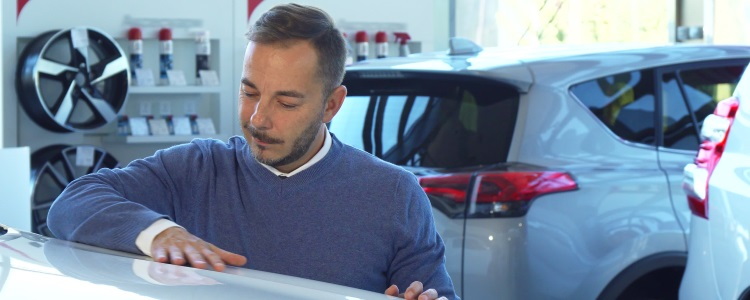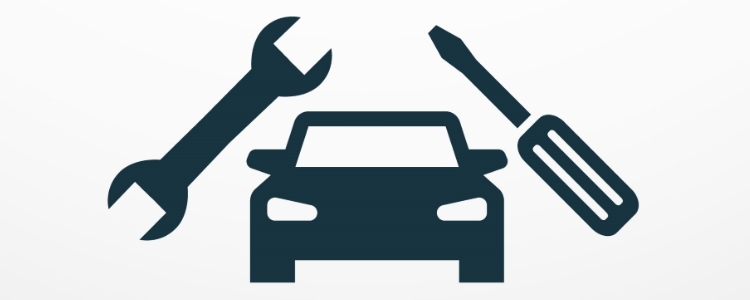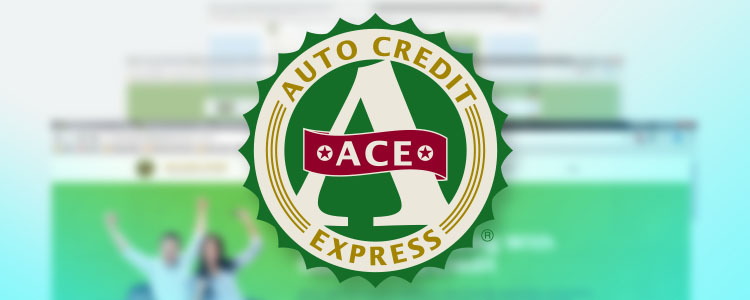Before you take the plunge into used car ownership, it's important that you know what you need from a vehicle. Used cars can be a great way to get everything you need and save money, too. But you also should take extra care before signing on the dotted line.
Do Your Research
Buying used is a great way to get that vehicle you always dreamt about. But if that same car is riddled with safety issues and recalled parts, it's not likely to function like you need it to. Knowing the difference between what you want and what fills your needs is important if you want to get the most out of a used vehicle. Sites such as CarsDirect or The Car Connection are great resources to compare different makes and models, and check out their various features.
When researching vehicles, don't forget to visit the National Highway Traffic Safety Administration (NHTSA) and the Insurance Institute for Highway Safety (IIHS) websites to look up the safety ratings of any car you're considering. Also, check out consumer reviews to see what other people think of the vehicles they drive.
Get Your Credit Reports and Build a Budget
 Now that you’ve done your research and know what you want out of your next car, it's time to think about how you're going to pay for it. The first step here is to know where your credit stands by getting a copy of your credit reports and checking your FICO score. Once you have a handle on your credit situation, you can check the average interest rates assigned to people with similar credit backgrounds.
Now that you’ve done your research and know what you want out of your next car, it's time to think about how you're going to pay for it. The first step here is to know where your credit stands by getting a copy of your credit reports and checking your FICO score. Once you have a handle on your credit situation, you can check the average interest rates assigned to people with similar credit backgrounds.
Knowing this, you can plug in an average interest rate for your credit and calculate an estimated loan amount using our Car Loan Estimator. This can help you see the vehicle price range you should stick to. Keep in mind that if your credit is less than perfect, lenders look for a minimum income at least $1,500 to $2,000 before taxes from a single job. Lenders also want to make sure that a car loan and auto insurance payment fit into your budget by calculating your debt to income and payment to income ratios. You should calculate them yourself to make sure you're staying within your budget.
Get a Vehicle History Report
A vehicle history report can tell you a lot about a car and what it's been through. This gives you an account of past owners, major repairs, past recalls, and its title status. If the vehicle doesn't come with a Carfax report, or the seller refuses to provide one, you can pay for one yourself or opt for a free version at www.VINCheck.info.
Always Test Drive and Inspect
You should never buy a vehicle on looks alone, especially when buying a used car. Taking a test drive is extremely important, especially with used cars. Pay attention to how the vehicle feels on different types of roads, turn every dial, and press every button. If it’s on, turn the radio off and listen to the car. Once you're satisfied with the test drive, take the vehicle to a trusted mechanic for a thorough inspection. Sometimes, there are things lurking under the surface that only a mechanic can tell you about.
Consider Your Financing Needs
If you have good credit, you can likely go to any dealership or bank and get the financing you need. Borrowers whose credit isn't good, however, typically need additional help getting a car loan. If you’re having this problem, chances are you need a subprime lender that looks beyond your credit score to approve you based on other factors such as income, employment, and residence stability. These lenders only work indirectly through special finance dealers, and can sometimes be hard to find.
Rather than stress out over going from dealership to dealership looking for a lender, use the expertise of Auto Credit Express to find the financing you need. We work with a nationwide network of special finance dealers that have lenders available to help those who struggle with credit issues. Let us help you find a local dealership in your area – just fill out our auto loan request form to start the process.
















